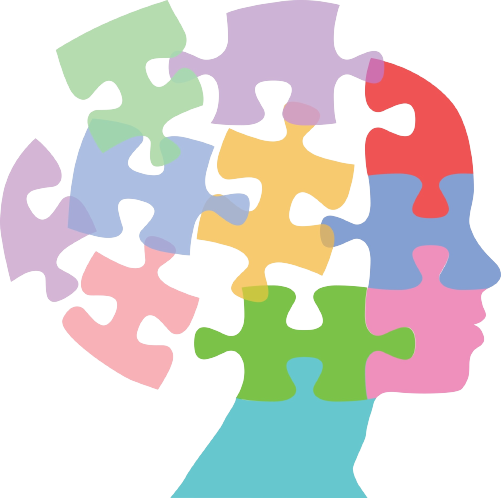Women’s physical and mental health are integral components of overall well-being, yet they are often overlooked or undervalued in society. Advocating for women’s health involves not only addressing physical ailments but also prioritizing mental health and well-being. Let’s explore the importance of advocating for women’s physical and mental health.
The Importance of Advocacy:
Breaking Stigmas: Advocacy efforts help break down stigmas surrounding women’s health issues, including mental health. By raising awareness and promoting open dialogue, we can create a more supportive and understanding environment for women to seek help and support.
Access to Care: Advocacy plays a crucial role in ensuring that women have access to comprehensive healthcare services, including preventive screenings, reproductive health services, and mental health support. By advocating for policy changes and funding initiatives, we can address disparities in healthcare access and delivery.
Empowerment Through Education: Advocacy efforts empower women by providing them with information and resources to make informed decisions about their health. Education about physical and mental health conditions, treatment options, and self-care strategies enables women to take control of their well-being.
Promoting Holistic Health: Advocacy for women’s health goes beyond treating individual symptoms or conditions; it encompasses a holistic approach that addresses the interconnectedness of physical, mental, and emotional health. By advocating for integrated care models and holistic treatment approaches, we can support women in achieving optimal health and wellness.
Therapy Approaches for Mental Health:
Cognitive-Behavioral Therapy (CBT): CBT is a widely used therapy approach that focuses on identifying and changing negative thought patterns and behaviors. It can be particularly beneficial for women experiencing anxiety, depression, trauma, or body image issues.
Trauma-Informed Therapy: Many women have experienced trauma in various forms, including physical or sexual abuse, domestic violence, or discrimination. Trauma-informed therapy approaches, such as Eye Movement Desensitization and Reprocessing (EMDR) or trauma-focused CBT, can help women process and heal from traumatic experiences.
Mindfulness-Based Therapies: Mindfulness practices, such as mindfulness-based stress reduction (MBSR) or dialectical behavior therapy (DBT), teach women skills to cultivate present-moment awareness, emotional regulation, and self-compassion. These practices can be beneficial for managing stress, anxiety, and mood disorders.
Supportive Group Therapy: Group therapy provides a supportive and validating environment for women to connect with others who may be facing similar challenges. Whether it’s a support group for new mothers, survivors of domestic violence, or women with eating disorders, group therapy can foster a sense of belonging and community.
Providing resources is crucial for empowering women to take charge of their physical and mental health. These organizations offer valuable information, support, and opportunities for advocacy to promote women’s physical and mental health on both individual and systemic levels.
National Women’s Health Network (NWHN): https://nwhn.org/
NWHN is a nonprofit organization that advocates for women’s health and rights. They provide information on a wide range of health issues affecting women and offer resources for advocacy and policy change.
National Alliance on Mental Illness (NAMI): https://www.nami.org/
NAMI offers resources and support for individuals and families affected by mental illness. They provide education, advocacy, and helplines for those seeking information and assistance with mental health concerns.
Women’s Health.gov: https://www.womenshealth.gov/
Women’s Health.gov, part of the U.S. Department of Health and Human Services, offers evidence-based information and resources on a wide range of women’s health topics. They provide tools for advocacy, health guides, and directories of healthcare services.
RAINN (Rape, Abuse & Incest National Network): https://www.rainn.org/
RAINN is the largest anti-sexual violence organization in the United States. They offer support for survivors of sexual assault, advocacy for policy change, and educational resources to prevent sexual violence.
National Eating Disorders Association (NEDA) https://www.nationaleatingdisorders.org/
NEDA provides support, resources, and advocacy for individuals affected by eating disorders. They offer helplines, online support groups, educational materials, and opportunities for advocacy and awareness-raising.
American Psychological Association (APA) – Women’s Programs Office: https://www.apa.org
The APA Women’s Programs Office focuses on issues related to women’s mental health, including research, advocacy, and resources for psychologists and the public.
Advocating for women’s physical and mental health is essential for creating a society that values and prioritizes the well-being of all individuals. By breaking stigmas, improving access to care, empowering through education, and promoting holistic health approaches, we can support women in living healthier, happier lives. Additionally, therapy approaches that address the unique needs and experiences of women can play a crucial role in promoting mental wellness and resilience. Together, let’s continue to advocate for women’s health and create a world where every woman can thrive.
